The Transboundary Movement Certificate (TMC) is a vital requirement for businesses involved in the transportation of hazardous or controlled wastes across countries. It ensures compliance with the International standards like Basel Convention and India’s Hazardous and Other Wastes rules, 2016. The TMC not only controls the illegal waste trading but also safeguards people’s health by ensuring waste is handled in a safe and responsible manner. Importers and Exporters are required to follow the appropriate steps to obtain the certificate, without a valid certification import of any hazardous or controlled waste is considered illegal.
Table of Contents
Rules Governing the Certificate
- The TMC is regulated under the Basel Convention (1989), which sets global standards for hazardous waste movement.
- In India, it is mandatory under the Hazardous and Other Wastes Rules, 2016, which cover handling, transport, and disposal.
- It applies to hazardous wastes like chemicals, industrial residues, and certain e-wastes, as well as non-hazardous wastes like used oil, plastics, and scrap materials.
- Exporters must follow strict documentation and consent procedures, including submission of India Form 6.
- Shipments without a TMC are considered illegal and can attract penalties and seizure.
Purpose of a Transboundary Movement Certificate
The TMC is not just a legal safeguard but it’s also an environmental tool. Its key purposes include:
- Environmental Protection: It ensures hazardous and controlled wastes are handled carefully without affecting soil, air and water.
- Legal Compliance: TMC also guarantees that waste movement comply with the International standards to avoid any legal consequences.
- Safe Waste Management: It encourages Environmentally Sound Management (ESM) by keeping close check on wastes recycling, and treatment.
- Trade Transparency: Shows a clear record of waste from where it starts to where it’s safely disposed of, making illegal trade harder and accountability easier.
- Circular Economy Support: It promotes responsibly reusing and recycling hazardous materials, helping the economy stay sustainable.
How to Apply for Transboundary Movement of Waste in India
Applying for Transboundary Movement Certificate in India requires close coordination with authorities and complete documentation. A business cannot trade any hazardous waste without obtaining a valid TMC. Following are the steps that help avoid delays, or penalties, ensuring a smooth process. The process includes:
- Fill out the Application: Gather all the details of the waste category, quantity and destination and submit it to the State pollution Control Board (SPCB) by using India Form 6, this step ensures clarity and accuracy.
- Provide Consent: Get written consent from the importing country ensuring it will accept the waste shipment under the Basel Convention rules.
- Documentation Review: After providing the consent, attach all the comprehensive plans demonstrating the waste treatment, recycling and disposing safely as per the standards of Hazardous and other Wastes rules.
- Approval Process: Authorities will inspect the application to ensure complete compliance with national and international regulations before granting the Transboundary Movement Certification.
- Shipment & Reporting: After the waste is shipped, give post-transport reports ensuring ecologically sound management, confirming traceability and responsibility.
--------------Blog Contact Form-------------
Basel Convention Requirements for Waste Export
The Basel Convention provides worldwide standards for the trade of hazardous waste. These regulations ensure that international import/ export of hazardous waste is safe, regulated, and transparent. The following are the key requirements:
- Prior Informed Consent (PIC): Exporters must get written approval from the importing country before shipment.
- Detailed Documentation: Information about waste type, quantity, handling, and disposal methods must be provided.
- Environmentally Sound Management (ESM): Deliveries are required to adhere to ESM norms to avoid any environmental damage.
- Prohibited Shipments: Export of any hazardous or controlled wastes across countries, lacking appropriate disposal services, is not permissible.
Benefits of Transboundary Movement for Recycling
Obtaining a valid certification and controlled movement of waste support sustainable recycling practices, offering numerous benefits as well. Some of the key benefits include:
- Safe Recycling: Hazardous and e-waste are treated in certified facilities, which not only mitigates the health risk but also environmental risks.
- Resource Recovery: Recovering valuable materials like metals and plastics also minimizes the requirement for raw resources.
- Reduces Environmental Damage: It also reduces environmental damage by preventing illegal dumping, soil contamination, and water pollution.
- Promotes Circular Economy: Transboundary Movement certification also promotes reused and recycled materials, which reduces waste, and supports sustainable production cycles.
- Legal Trade Assurance: It also guarantees that importers and exporters follow the global and national regulations, avoiding penalties.
Consequences of Non-Compliance
Non- compliance with the TMC rules not only affects the environment but it also weakens the reliability of International trade. Failing to acquire a Transboundary Movement Certificate can have serious consequences:
- Heavy Fines and Penalties: Violations of India’s Hazardous and Other Wastes Rules can result in serious monetary fines.
- Seizure of Shipments: Unauthorized waste consignments may be detained by authorities.
- Reputational Damage: Companies involved in illegal waste movement risk losing reliability and trade partnerships.
- Criminal Liability: Illegal hazardous waste dumping can result in prosecution and imprisonment for accountable parties.
Crucial Forms Related to Transboundary Movement Certificate
These forms are crucial for maintaining regulatory compliance and avoiding legal issues.
- India Form 6: This is the main/primary form for applying to trade hazardous wastes within and outside India.
- Prior Informed Consent (PIC) Form: Required under the Basel Convention for international shipments.
- Waste Shipment Notification: Documents the details of export or import consignments, ensuring traceability.
Conclusion
The Transboundary Movement Certificate is a foundation for trading hazardous waste across countries. Obtaining TMC ensures that hazardous and other controlled wastes are transported legally, safely, and in adherence with environmental norms. By meeting all the requirements, using forms like India Form 6, and complying with Hazardous and Other Wastes Rules, exporters and importers not only safeguard human health, but also reduce the chances of illegal trafficking, and support Environmentally Sound Management (ESM). An appropriate compliance with the rules also helps in encouraging recycling, resource recovery, and a circular economy.
FAQ`s
Any exporter, importer, or transporter dealing with hazardous or controlled wastes across international borders needs a Transboundary Movement certificate.
The validity of the TMC depends on the shipment and approval conditions, usually covering a specific consignment until safe disposal or recycling is confirmed.
Yes, Form 6 is required in India for applying to move hazardous wastes legally under the Hazardous and Other Wastes Rules.
Moving waste without a TMC can lead to heavy fines, seizure of the shipment, and possible criminal action against the responsible parties.
Yes, certain types of e-waste require a Transboundary Movement Certificate to ensure safe transport and environmentally sound disposal.
This portion of the site is for informational purposes only. The content is not legal advice. The statements and opinions are the expression of author, not corpseed, and have not been evaluated by corpseed for accuracy, completeness, or changes in the law.
BOOK A FREE CONSULTATION
Get help from an experienced legal adviser. Schedule your consultation at a time that works for you and it's absolutely FREE.
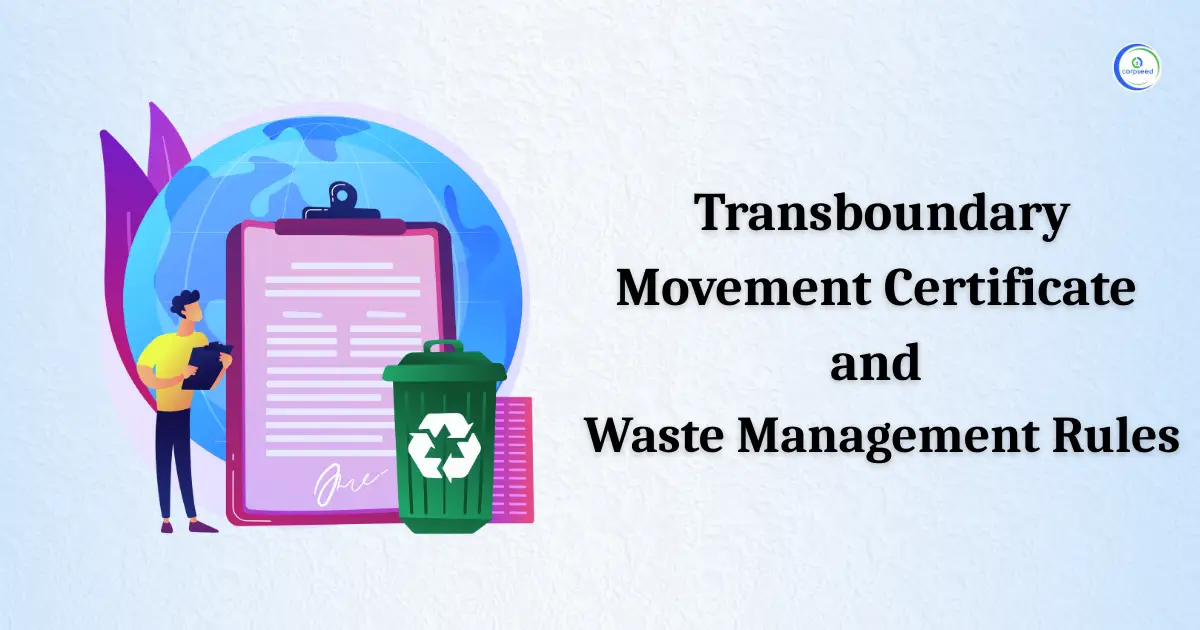

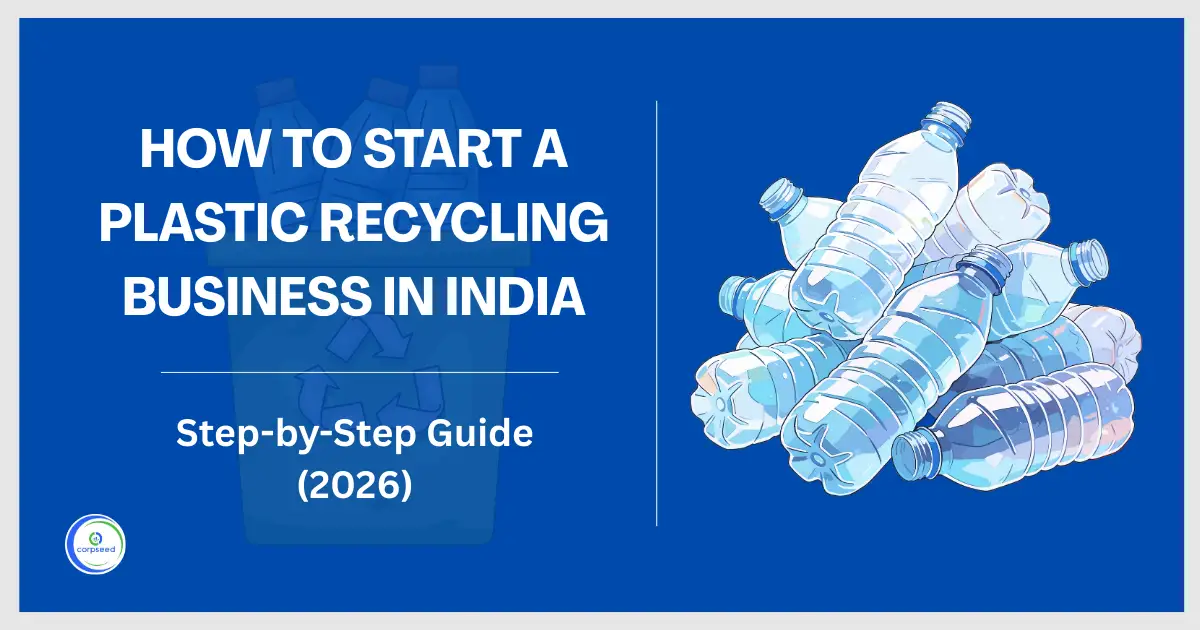
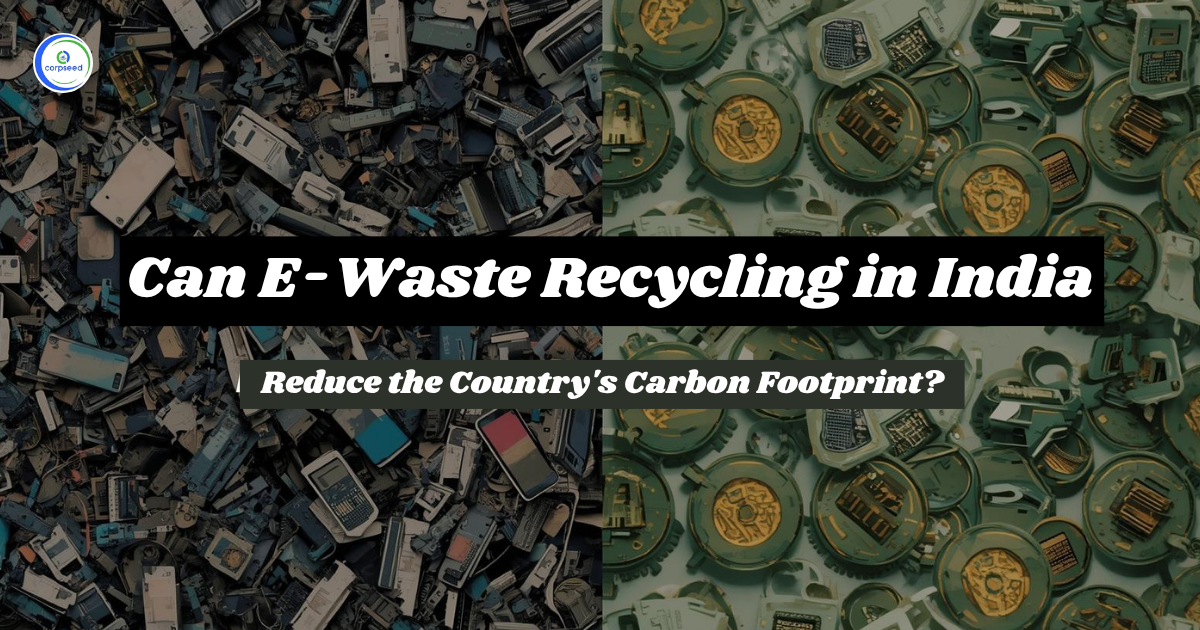
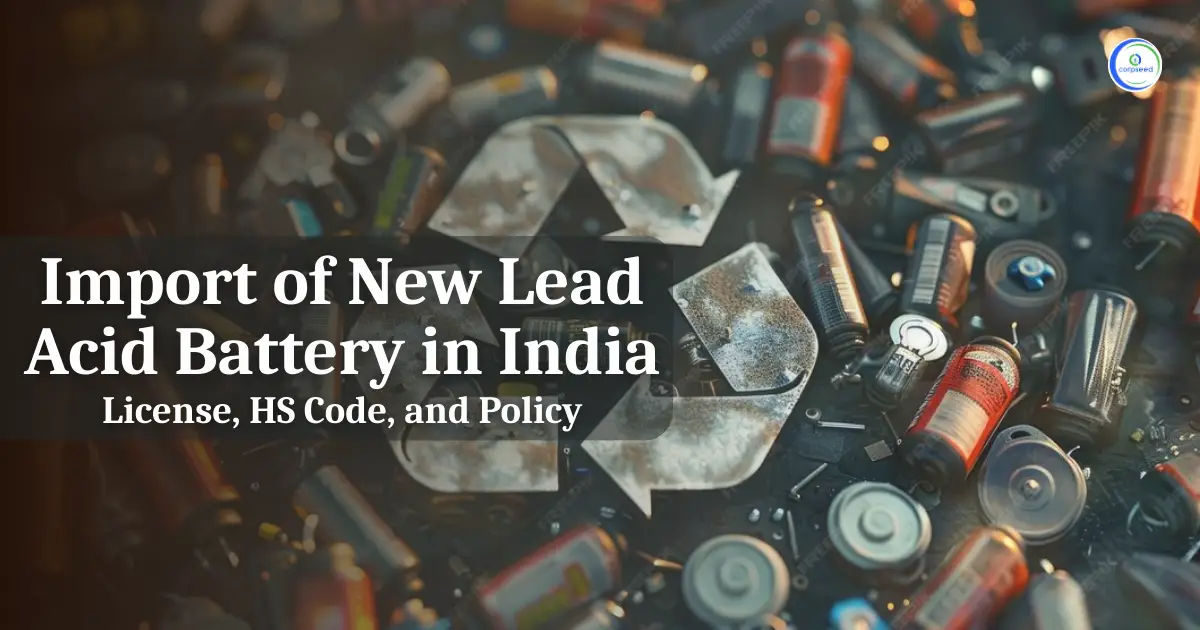

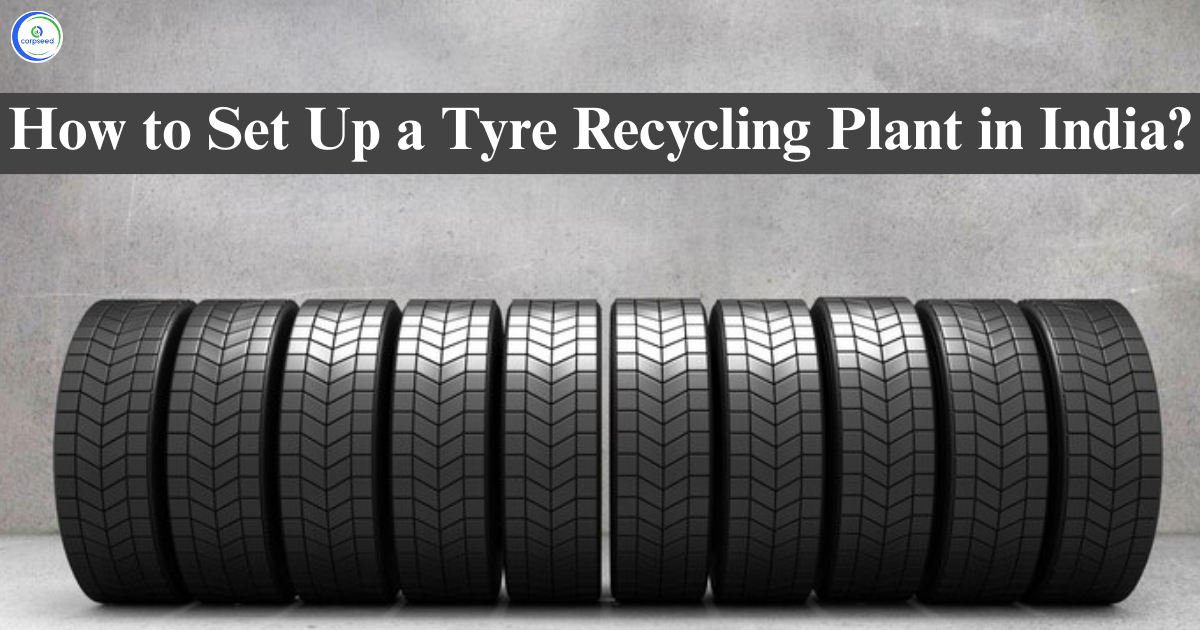
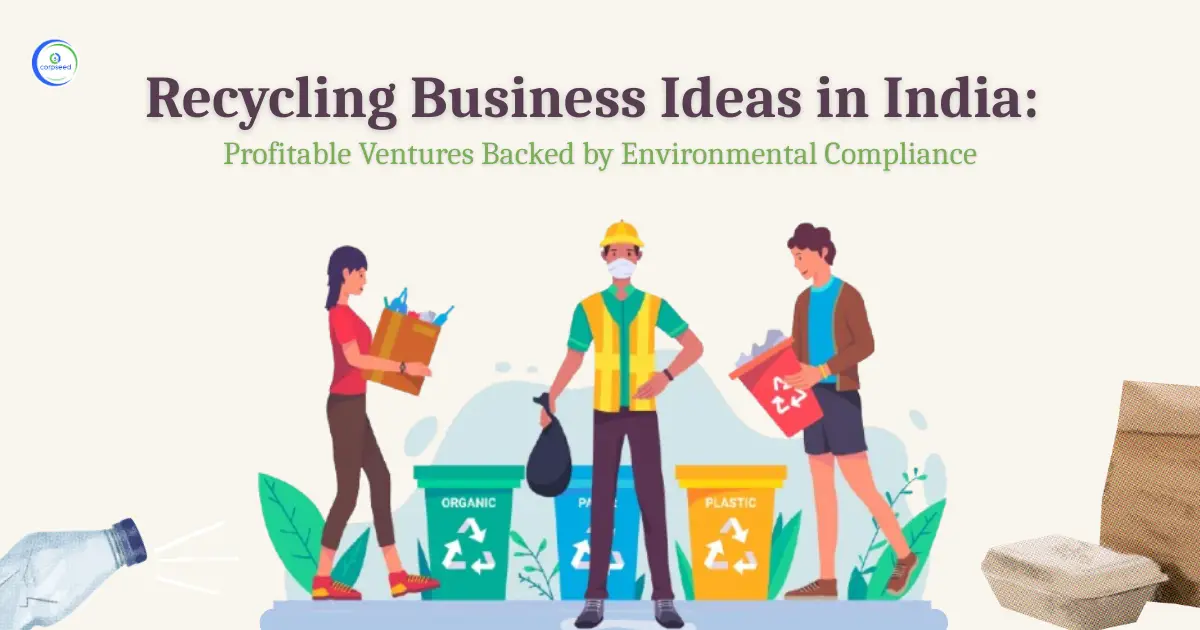
.webp)
